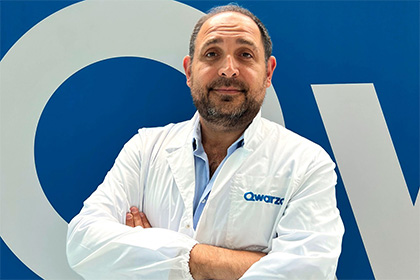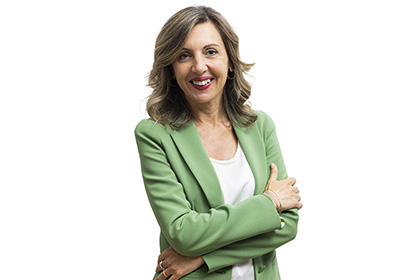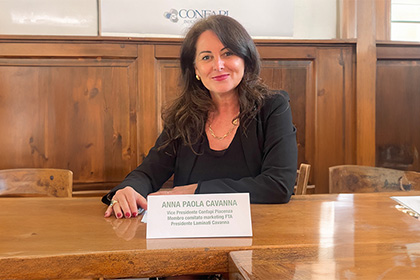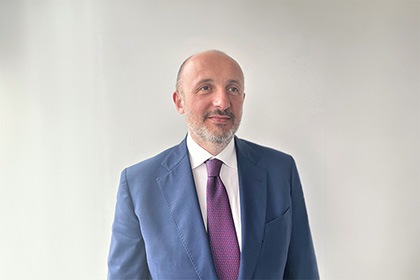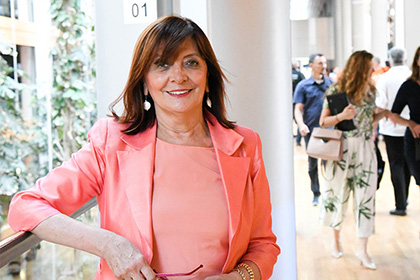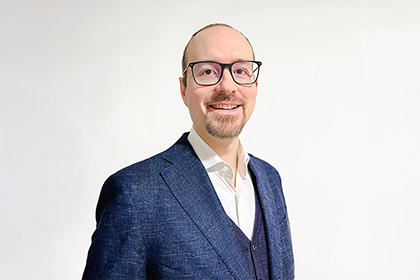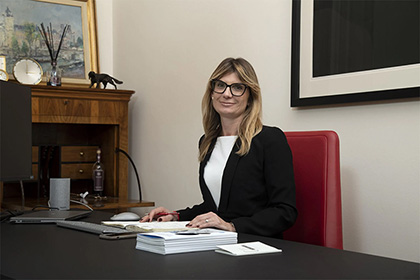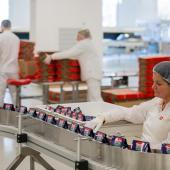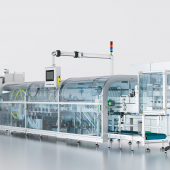New Packaging Regulation: the ItaliaImballaggio forum
Market operators, entities and institutions discuss the PPWR and its impact on everyday life, in production and beyond.
Maria Costanza Candi
No to disposable, a watchful eye on the technical evolution of biomaterials, greater attention on food waste with the admissibility of ready-made salad bags and in general of packages of processed products whose texture, food safety and shelf-life need to be preserved; openings towards recycling, provided in very high percentages (80%) and a push to returnable bottles; rules for logistics that push to optimise consumption, spaces and impacts. These are some of the main aspects underpinning the version approved by the European Parliament and the Council of Europe.
Among the positive new developments for the packaging industry there is the effective recognition of the essential functional role performed by packaging in all its forms, overcoming, therefore, the ideological and selective approach to certain, almost demonized, materials (plastic first and foremost). In addition, there is more attention to environmental themes, to which the sector has for years been dedicating investments and organisational efforts, as well as the admission that also packaging, in its different forms, is fully involved in the circular economy.
Among debatable aspects, according to the authoritative opinions of operators and stakeholders, there’s instead, the possibility of exceptions left to member states, reflecting insufficient attention to the various components of the European economic fabric. This not only implies a serious obstacle to the strengthening of the Single Market, but represents a problem for imports/exports to and from the EU.
These are precisely the opinions, in production contexts, in decision-making centres and in institutions that have been dealing with packaging and therefore sustainability for years, that ItaliaImballaggio has collected and listened to, in order to better understand the effects of the PPWR in different market sectors.


